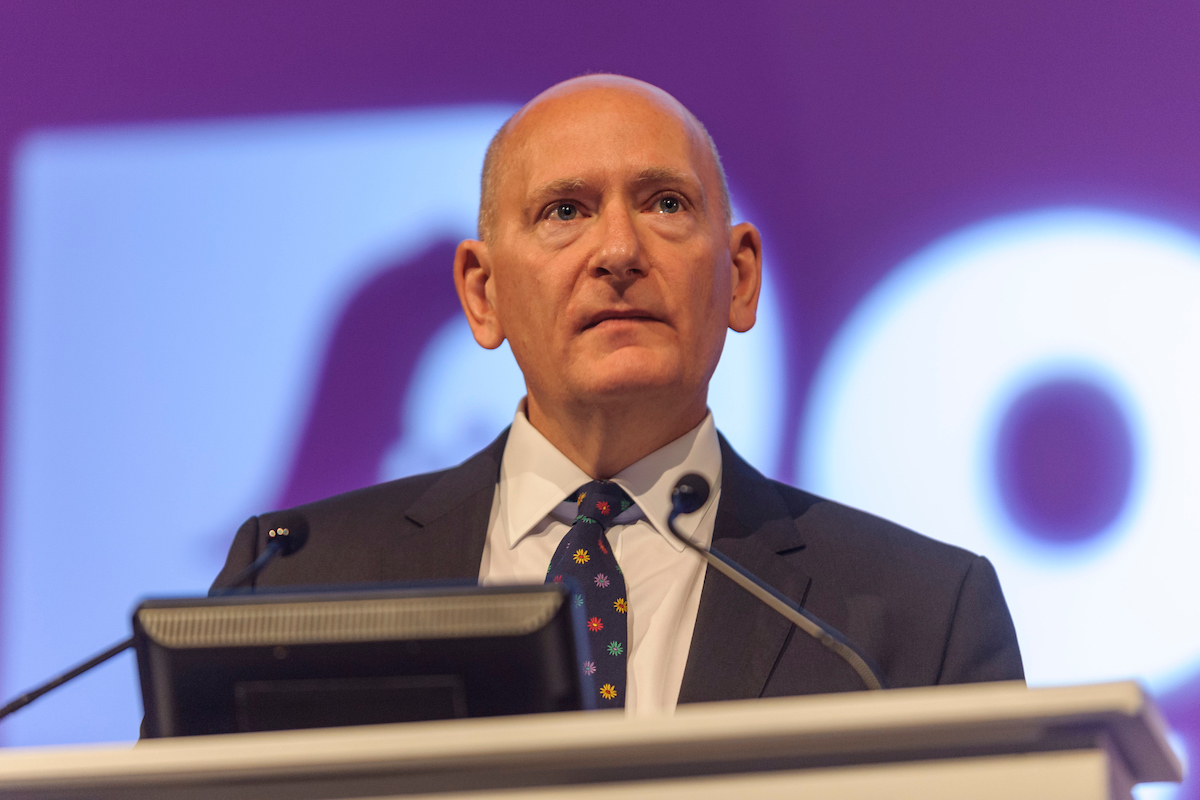Politicians must protect police firearms officers
POLITICIANS must step up and show police firearms officers who protect them that “they have got their backs”, a chief officer has said.
Simon Chesterman (pictured), the National Police Chiefs Council lead on Firearms, told the Government: “We have the finest police service in the world. Our armed officers are best trained and most restrained.
“They carry guns on behalf of the state and they put themselves between the public and the terrorists. They have got your backs, they need to know you have got theirs.”
The Police Federation of England and Wales’ Annual Conference heard that lengthy investigations and inconsistent practice are taking its toll on firearms officers’ mental health.
Che Donald, Firearms lead for the Federation, said police officers were treated like suspects rather than professional witnesses when shots are fired.
He told the conference: “Death or serious injury has a serious impact on any officer – both mental and physical trauma. This is not a moment that is celebrated with bravado, tea and medals. These officers are vulnerable and need to be protected, not separated. This extends into their personal lives.”
Mr Donald was referring to draft guidance that states key policing witnesses should be separated as soon as operationally safe to do to go through post incident procedure.
“The decision made to shoot is done so in fraction of second but what follows is investigation where everyone has luxury of time – months and years. All that time officers are left in limbo to detriment of their health,” he added.
Sarah Green, Deputy Chair of the IPCC, said: “Since 2010 we have completed 25 firearms investigations, 10 involving fatalities – and in 22 of 25 no officer was treated as a suspect.
“We believe that having clear procedures will protect officers and ensure consistency in approach. We are trying to protect the integrity of the officers’ initial account and counter accusations of cover up or collusions.
“It is important to emphasise separation is not isolation. We recognise that these events can have a significant traumatic impact on staff. The guidelines do not prevent them from having medical, mental or federation assistance or support from colleagues who are not involved in the incidents.”
Former Met Police officer Tony Long, one of the first firearms officers to be investigated when the IPCC was set up in 2004, told the conference: “Being involved in a shooting is the most stressful event in a police officer’s life. They need their support network around them. If the IPCC are truly independent then I think they should be showing [police officers the] same duty of care and empathy as the families.”
In the last policing year, there were 14,753 firearms operations in UK; of these there were seven incidents in which firearms were discharged.
There are now 600 more armed response officers than there were a year ago – by the end of the national uplift there will be more than 10,00 firearms officers in the UK.

